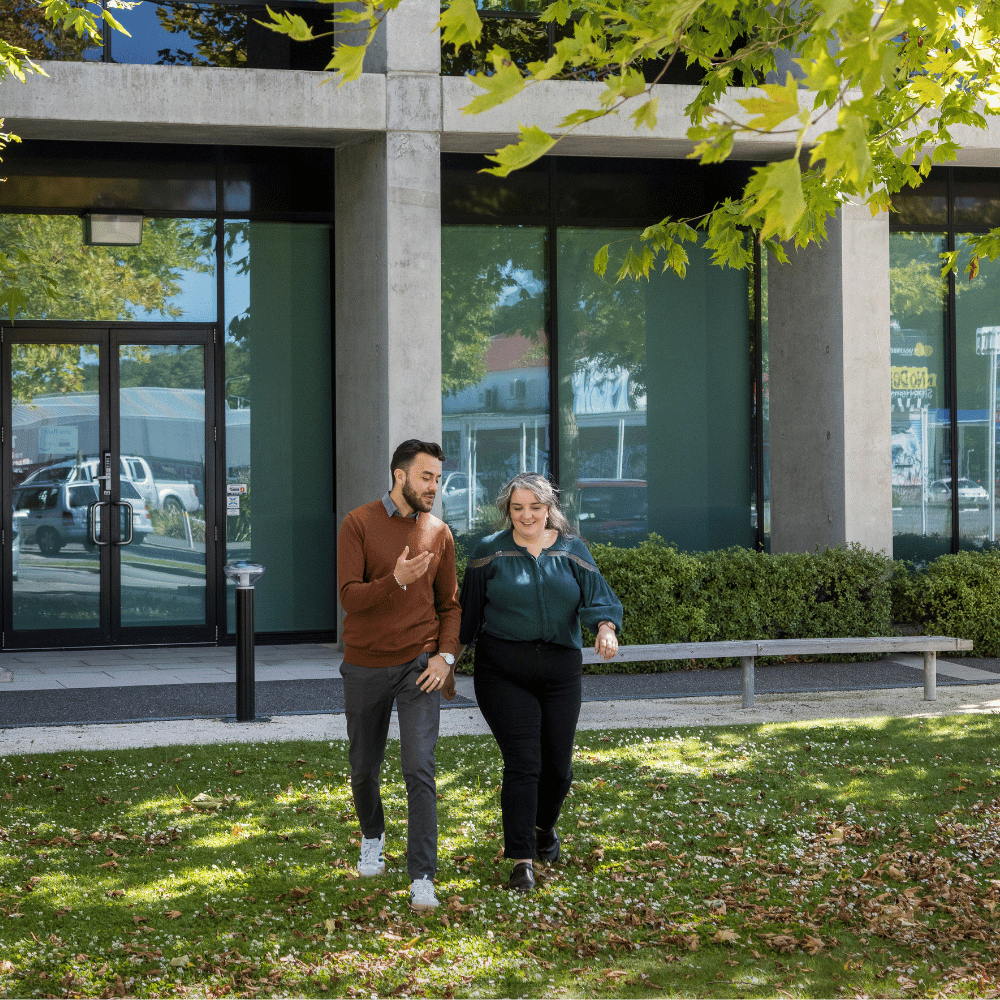Nervous about studying online?
You'll start your studies with an optional UC Online Essentials course, giving you a chance to get familiar with the learning management system (LMS). Learn more about how online study with us really works.
Online, not alone
Study anywhere, feel supported everywhere. Our courses have been designed to enable a cohort community so you can learn and grow from each other's experience. We also have a facilitator for this course who is there to offer support as you work through your learning, in addition to our Enrolment Support and Learner Support teams.
Qualification
These courses are standalone micro-credential courses that recognises the achievement of specific skills, experience, or knowledge.
Recognition
Upon successful completion of each course you will be awarded five academic points at NZQF Level 8, and issued a digital badge to recognise your learning achievements. This can take up to 2 months to be delivered after the marking and feedback period.



